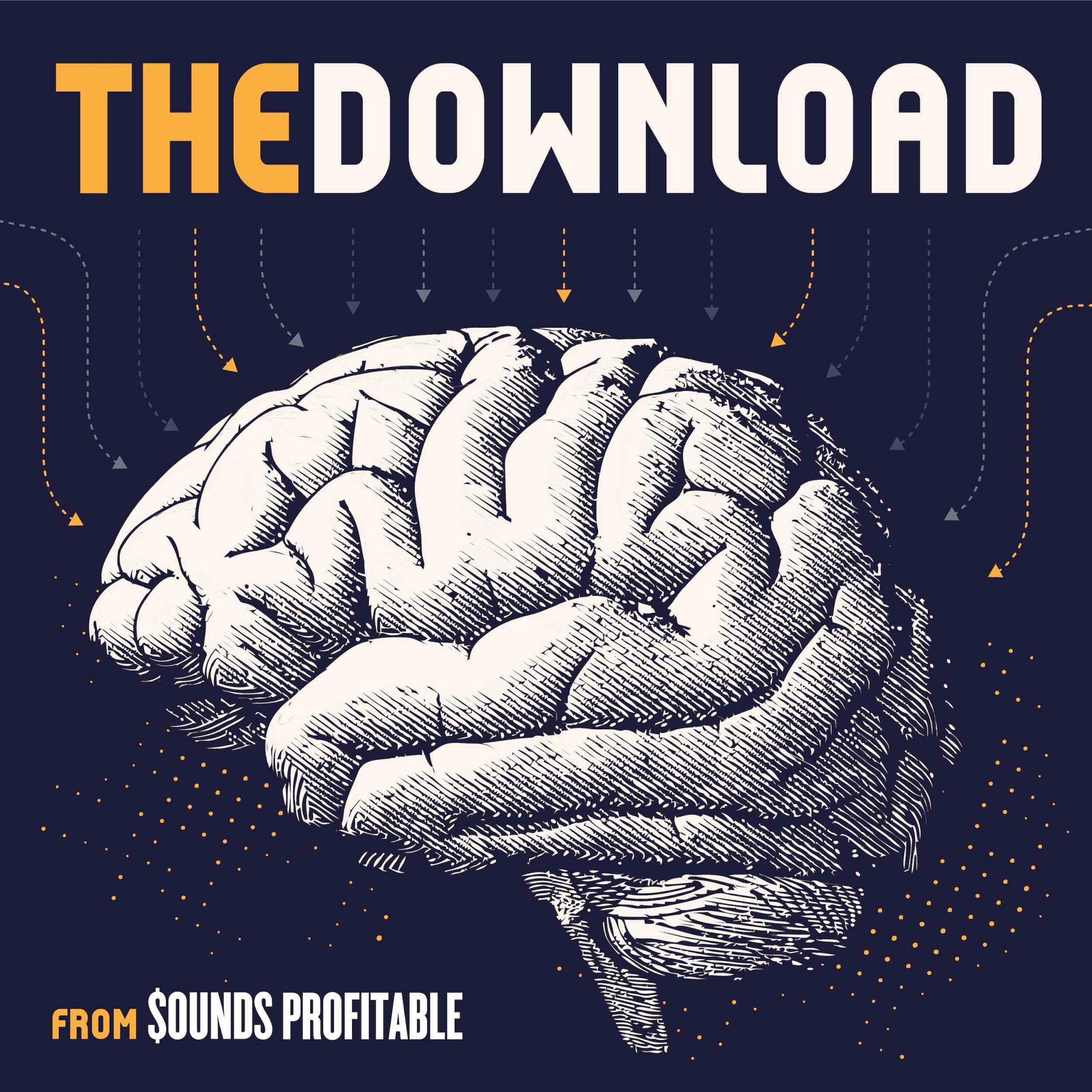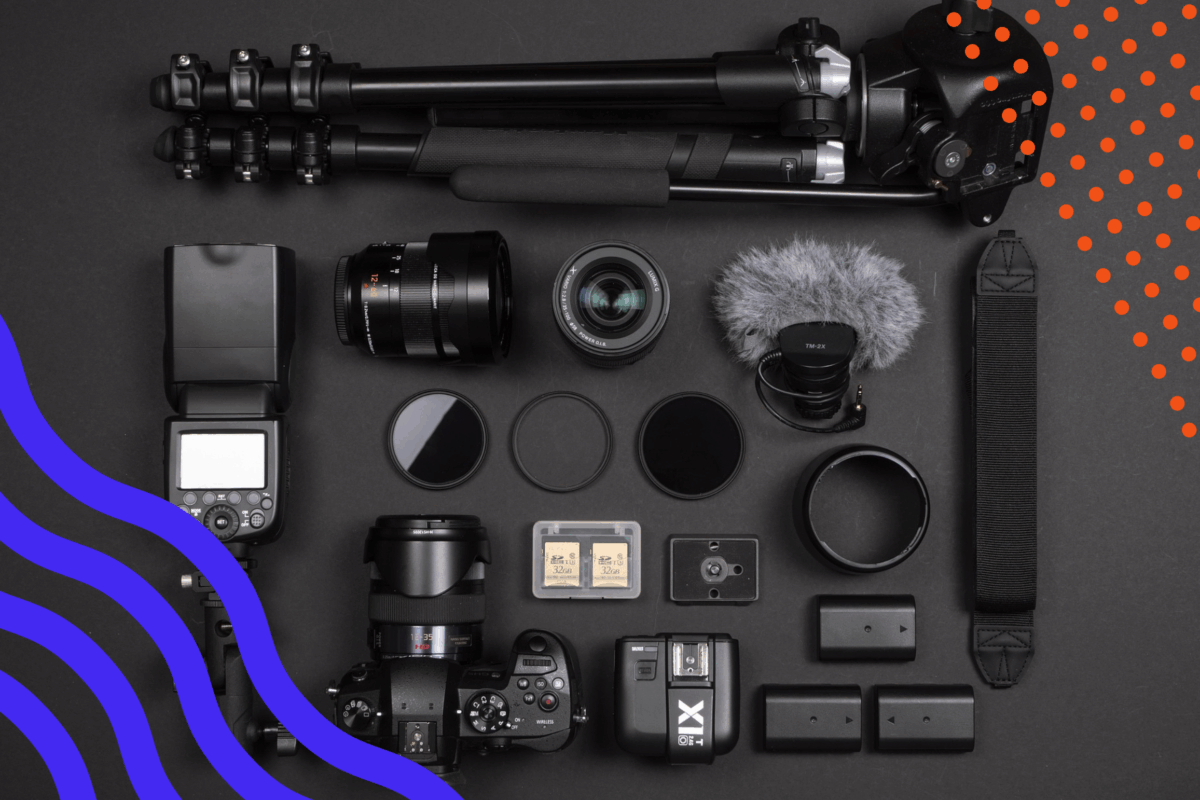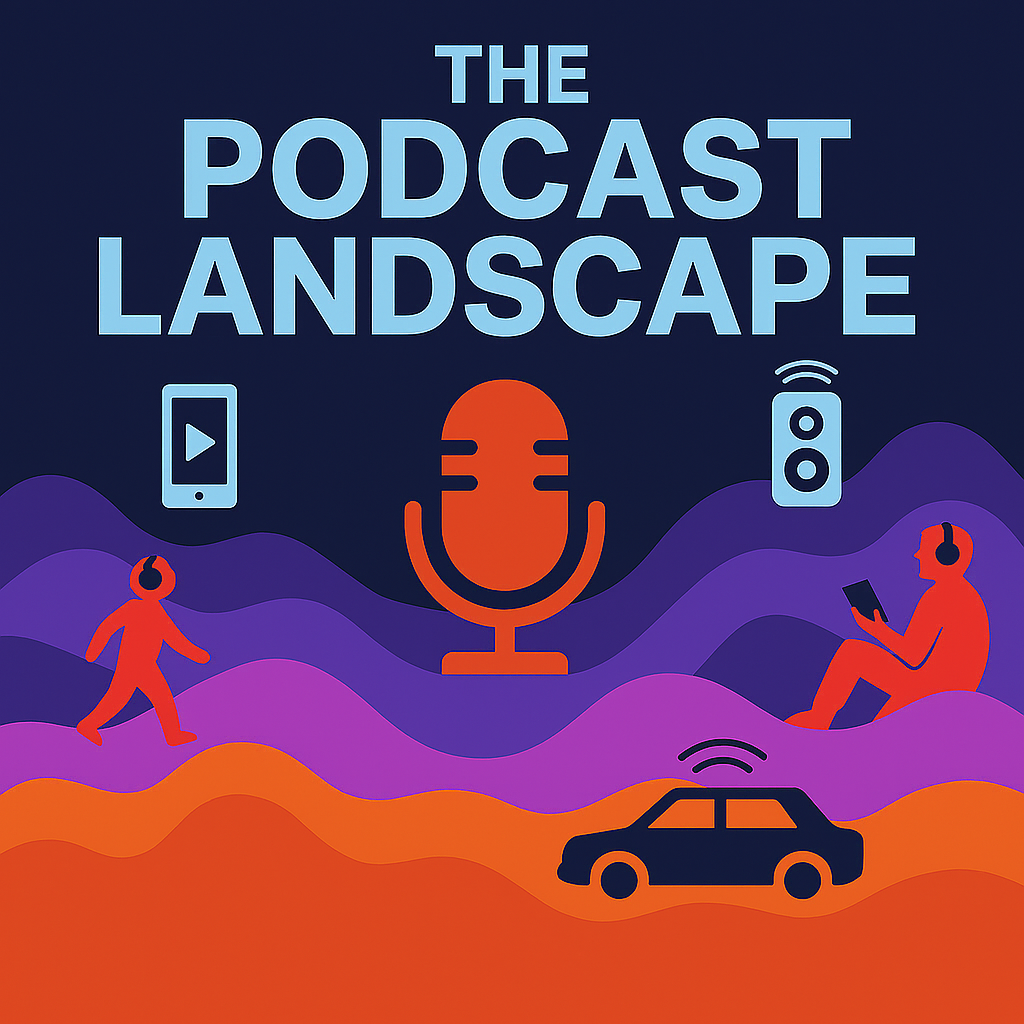This week: Samsung Free app issue causes spike in downloads, Transistor joins email spam prevention movement, How streaming TV is bracing for the recession, and Spreaker debuts two new offerings, one of which sounds like a cool robot.
New auto-playing Samsung app spikes downloads.
Manuela: Our top story this week, fitting for a holiday weekend, is one of collaboration and teamwork against all odds. Last week Samsung launched the Listen tab on Samsung Free, a media streaming app pre-installed on every Samsung Galaxy smartphone.
When clicked on, the Listen tab would open a full-screen player with a three second timer. If not manually stopped within the three seconds, the app would begin to auto-play segments of featured podcast episodes, with each episode in the queue pre-downloaded for instant play. This auto-downloading and auto-listening lead to podcasters seeing a sudden spike of listens coming from the Dalvik user agent.
Like something out of a heartwarming holiday special, the podcasting community came together on a long weekend to work together and solve the problem. In the Sounds Profitable Partners Slack channels, employees of Audioboom, Triton, Spreaker, and others jumped into threads to discuss how to handle the issue.
James Cridland’s Monday edition of the Podnews segment The Tech Stuff details why a download spike from Dalvik isn’t necessarily an easy fix. Cridland says:
“Some podcast hosting companies have blocked the “Dalvik” useragent entirely. However, blocking Dalvik – even with the Samsung model numbers – will also block, among other things, Google News’s audio player, which uses an identical audio useragent. At least one app powered by Podcast Index also uses this generic Dalvik useragent along with PodcastAddict, and Indian podcast app Gaana also retains Dalvik in its useragent.”
Luckily, there’s a happy ending to this Thanksgiving story. Multiple employees on a holiday weekend managed to get the attention of Samsung, a company only just now entering podcasting, and get the problem fully solved. According to Podnews reporting, Samsung Free content partner Acast has since demonetized any traffic from the Dalvik user agent, and a fix to the app to prevent any future download spikes is set to be published soon.
What could have been a massive headache for many people was quickly resolved fully without any half-measure bandage fixes, all on a holiday weekend, thanks to the cohesiveness of the community. That we can certainly be thankful for.
Transistor joins email spam prevention movement.
Shreya: Back on November 3rd we covered Buzzsprout’s announcement that they were removing email addressed from podcast RSS feeds. Presented as the company ‘fighting back against email spam,’ Buzzsprout only inserts a podcaster’s email address into the feed on request to verify the feed with other services and platforms.
On August 22nd Apple Podcasts announced updates to RSS feed requirements in 2023, including the end of support for the ‘owner’ tag.
“The owner tag and its contact information, including email, will no longer be recommended.”
In addition to Buzzsprout embracing the email-free future, Podbean and – most recently – Transistor have joined the cause. From their blog post this monday:
“Unfortunately, because podcast feeds are public, spammers can scrape these email addresses and use them to send unwanted emails (like pitches for guests to appear on your show).”
Meanwhile, yesterday’s Podnews published an alternate take on this move to prevent email spam. The Canadian Podcast Awards told Podnews they neither agree with nor support the removal of email addresses from RSS feeds. From yesterday’s issue:
“We do not have any plans at the moment to support feeds without contact information.”
Email spam has become a growing problem in podcasting. Back in July, James Cridland published the results of an email spam-trap he’d created in the Podnews RSS feed. Over the course of three months his experiment received 240 unsolicited commercial emails.
Similarly to Buzzsprout, Transistor has removed email addresses from the feed by default, but include a tool to manually reveal it for verification purposes. In addition, they now have a verification code entry field designed to work with Apple Podcast’s new code-based verification system.
A new verification method that, hopefully, will help ease the concerns of objecting organizations like the Canadian Podcast Awards.
How streaming TV is bracing for a recession
Manuela: Depending on who you ask, the next recession is either here already or fast approaching. On November 17th Maia Vines, writing for AdAge, published a piece detailing how streaming television is battening down the hatches. From the article:
“Brands have already started to re-prioritize where they are placing their ad dollars, said Lisa Herdman, senior VP and executive director of strategic investments at RPA.”
Heather Stewart, General Motors’ general director of global media and marketing services presents a contrasting opinion: she expressed concern advertisers might be talking themselves into a recession with reactions to false indicators.
After over a decade of consumers demanding the death of the traditional model of cable television bundling providers together, the a la carte model has begun to slip as multiple platforms come under control of media conglomerates. Currently Paramount, Warner Bros. Discover, and Disney either already group multiple services into one bundle or are planning on offering one in future.
A proposed path to soothe worries during economic downturn is commerce-enabled TV and interactive ads. Netflix VP of advertising sales Peter Laylor told AdAge:
“One thing that I think is a great opportunity is maybe a dual-screen experience, and people have experimented there, but the research shows that the vast majority of people have their phone with them when they’re consuming TV streaming content.”
Even with new tactics and status-quo breaking experiments like bringing one-click-buy options to streaming TV in US markets, there’s a consistent throughline to how streamers are prepping for a recession: they’re making things simple for the consumer.
A task podcast advertisers have been refining since the format required listeners to manually copy an MP3 file to an iPod.
Spreaker debuts first-party data audience segments, MAGDA brand safety tech.
Shreya: Time for a special Spreaker segment, as the platform has made two large announcements while we were gone on holiday break and it’s time to get you up to speed.
Starting on the 17th, they announced a new first-party data for high-impact audience segmentation and targeting solution that is now available for both programmatic and direct sales on the Spreaker network. Martín Haro, Data and Insights Lead at Spreaker says in the press release:
“Now with Spreaker’s first-party data audience segments, our solution ingests data through AI and machine learning from real listeners’ listening patterns, behaviors, and podcast content, which has enabled us to build specific audience segments that have proven to be 3X more accurate than third-party data.”
Then, yesterday, the platform followed up with a brand new tech with a cool name:
“Spreaker, the global leader in programmatic ad tech, today announced its first-to-market M.A.G.D.A technology to increase quality in programmatic advertising. This unprecedented technology is set to transform programmatic podcast advertising, adding a layer of control to protect content creators.”
In addition to sounding like a cool robot sidekick from an 80s movie, M.A.G.D.A bridges a gap in brand safety and suitability. Advertisers are well-covered on their end, now Spreaker can provide an extra layer of protection from the publisher side.
Blocking IAB categories to avoid certain kinds of advertisements works pretty well, at least until a campaign is mis-categorized. Spreaker has now solved for that. From the press release:
“M.A.G.D.A technology works by transcribing programmatic ads that go through the Spreaker ad marketplace in real-time. Spreaker has created machine-learning models to auto-categorize ads. In addition, the technology can also detect miscategorized ads. For example, if a political ad is miscategorized as fast food M.A.G.D.A will flag this for rectification.”
What does the M-A-G-D-A stand for? The name serves a dual purpose. First, it stands for Machine Augmented Guard for Dynamic Advertising. Spreaker explains:
“However, Magda is also a member of the Spreaker team. She was the first person to work on ad quality control for the company, and today Spreaker has an entire division dedicated to ad quality spearheaded by Magda herself—the company felt it fitting to name the technology after her.”
In addition to having a touching name dedication, M.A.G.D.A is a fascinating piece of tech that provides a much-needed bit of security in an industry very much concerned about brand safety and suitability.
Quick Hits
Shreya: Finally, it’s time for our semi-regular roundup of articles we’re calling Quick Hits. These are articles that didn’t quite make the cut for today’s episode, but are still worth including in your weekend reading. This week:
Can We Stop It With The Brand Safety Double Standard Already? By Allison Schiff for AdExchanger. An opinion piece that addresses a proposed double-standard advertisers have with brand safety concerns. Schiff points out the same brands skittish about serving ads on journalistic content featuring negative stories are prominently featured in between bouts of serial killer-crafted gore on her nightly watch-through of Criminal Minds on Hulu.
Google and iHeartMedia allegedly paid radio talent to promote the Pixel 4—without ever giving them the phone, according to the FTC, by Ryan Barwick for MarketingBrew. Barwick covers the details of a recently-settled case in which the FTC alleges iHeartMedia gave on-air talent scripts for testimonies about how much they loved using a Google Pixel phone they had never actually used.
The Cumulus Media & Signal Hill Insights Podcast Download Fall 2022 report is now available. This year features special focus on the growing prevalence of podcasts with video elements. This includes a finding that 28% of consumers prefer actively watching a podcast with a video component.
The Last Yard – the blog post that started it all, by Adam Curry, published to Podnews. Thought lost for years, a copy of Adam Curry’s 2001 blog The Last Yard has been discovered on the Wayback Machine and duplicated by Podnews with permission. A piece of industry history, Curry’s post lead to a meeting with Dave Winer that lead to the creation of podcasts.
See omnystudio.com/listener for privacy information.


 "
"



